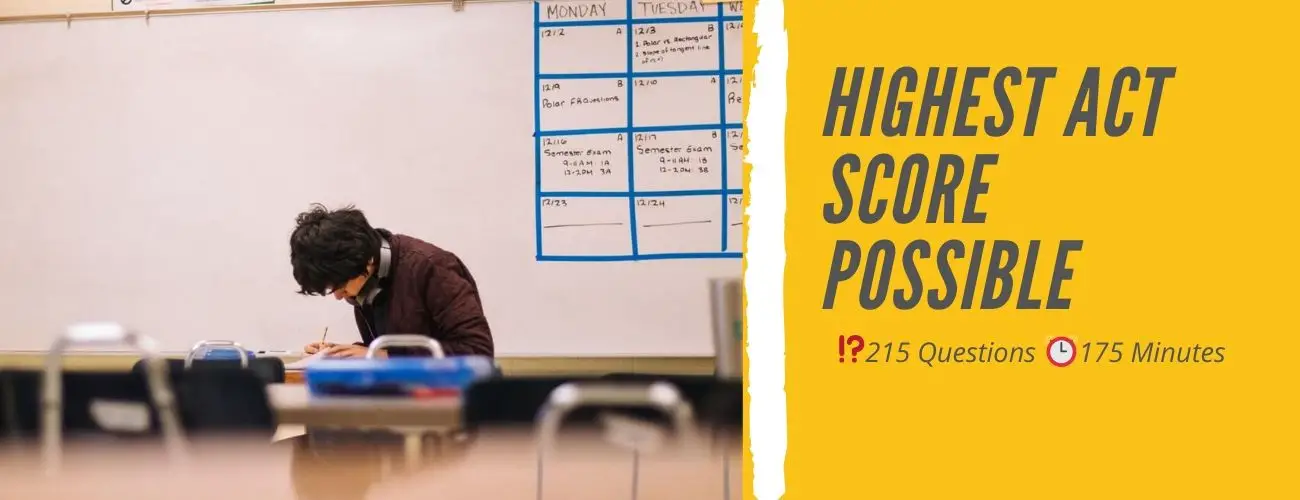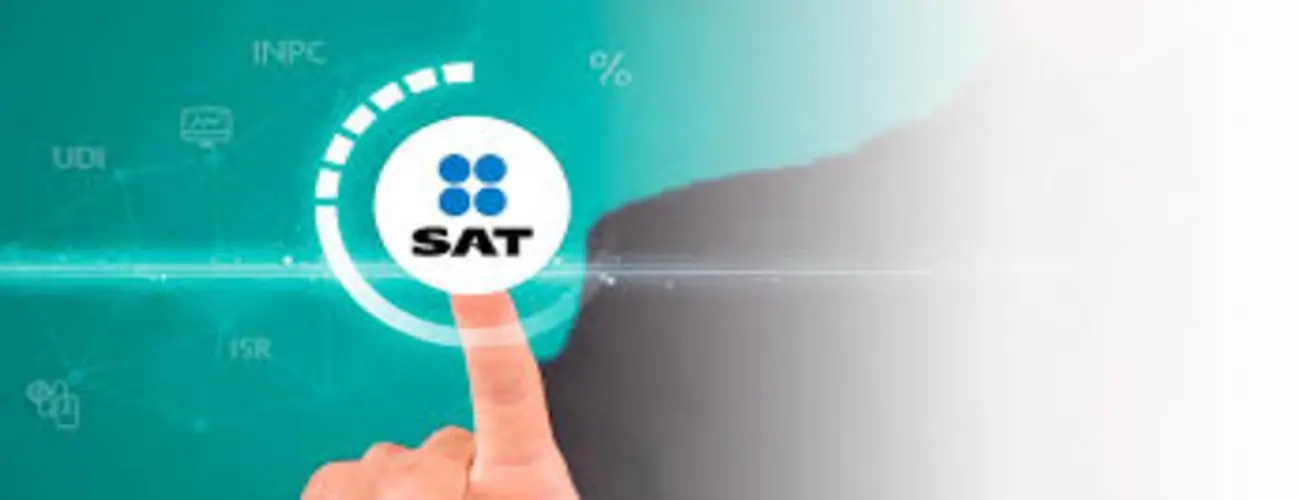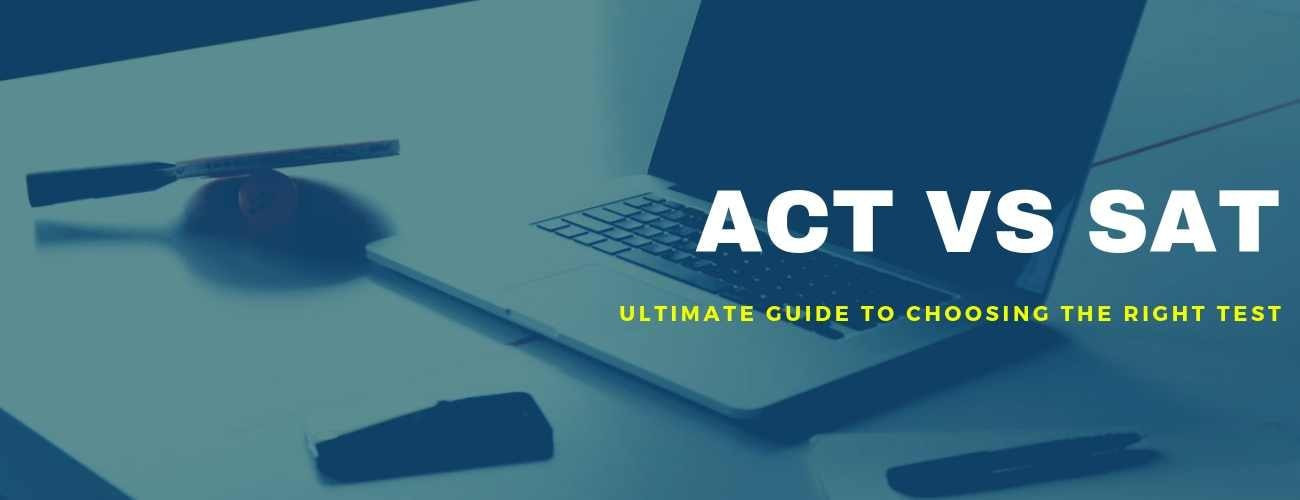The college has high acceptance rate of around 81%. This implies that out of 100 candidates, 81 are conceded. Further, the SAT scores of the admitted students lie in the range of 890-1160. For the perusal of the applicants, here are some interesting figures; the ACT scores of the admitted students lie in the range of 17-23, whereas, the average GPA scores hover around 3. The application and admission process at St. Thomas Aquinas College is quite simple and it includes a total of 4 steps that are as follows: Step 1: Submitting the application A candidate is first required to apply to the college as part of the admission procedure at St. Thomas Aquinas College. Interested candidates can apply to the university by either calling the college at (845) 398-4000 or through online mode. Alternatively, they can also directly visit the university's admissions office at 125 Rte 340, Sparkill, New York 10976-1050. Otherwise, they can contact St. Thomas Aquinas College's admissions office by phone in order to take admission. Step 2 to the application and admission process: Acceptance by STAC It should be noted by the candidates that submitting ACT and SAT scores is recommended but not mandatory at St. Thomas Aquinas College. Further, after submitting the form and depositing the enrollment fee, to receive their admission decision, students are required to submit the following documents:
Essay: Also known as the personal statement, the essay submitted by an applicant offers them a unique way to showcase their achievements and personality. It is advised that applicants include personal experiences and anecdotes as well.
Transcripts: Submitting the necessary high-school and college transcripts is an important part of the evaluation process. An applicant can use Parchment (or similar platforms) to submit the same.
Official Test Scores: As mentioned above, submitting SAT and ACT scores at STAC is not mandatory and not all students submit them. Moreover, by submitting these official scores, a candidate can make a stronger claim for securing a seat at St. Thomas Aquinas College. The college may request additional documents or information from the applicants once the reviewing process is over. Step 3 involves confirmation of attendance The third step includes confirming their attendance to STAC by the candidates. Additionally, they will be required to complete their Financial Check-In process and select their housing as well. This step essentially involves reviewing and verifying the summary of Accounts and Financial Aid (scholarships, fees, and tuition costs), choosing a lodging option, selecting a payment plan, and making the first payment, too. Candidates will be required to complete the Math and English assessments before proceeding to register for classes. Step 4: Register for Classes The candidates have to register for courses once all the processes mentioned above are completed.





